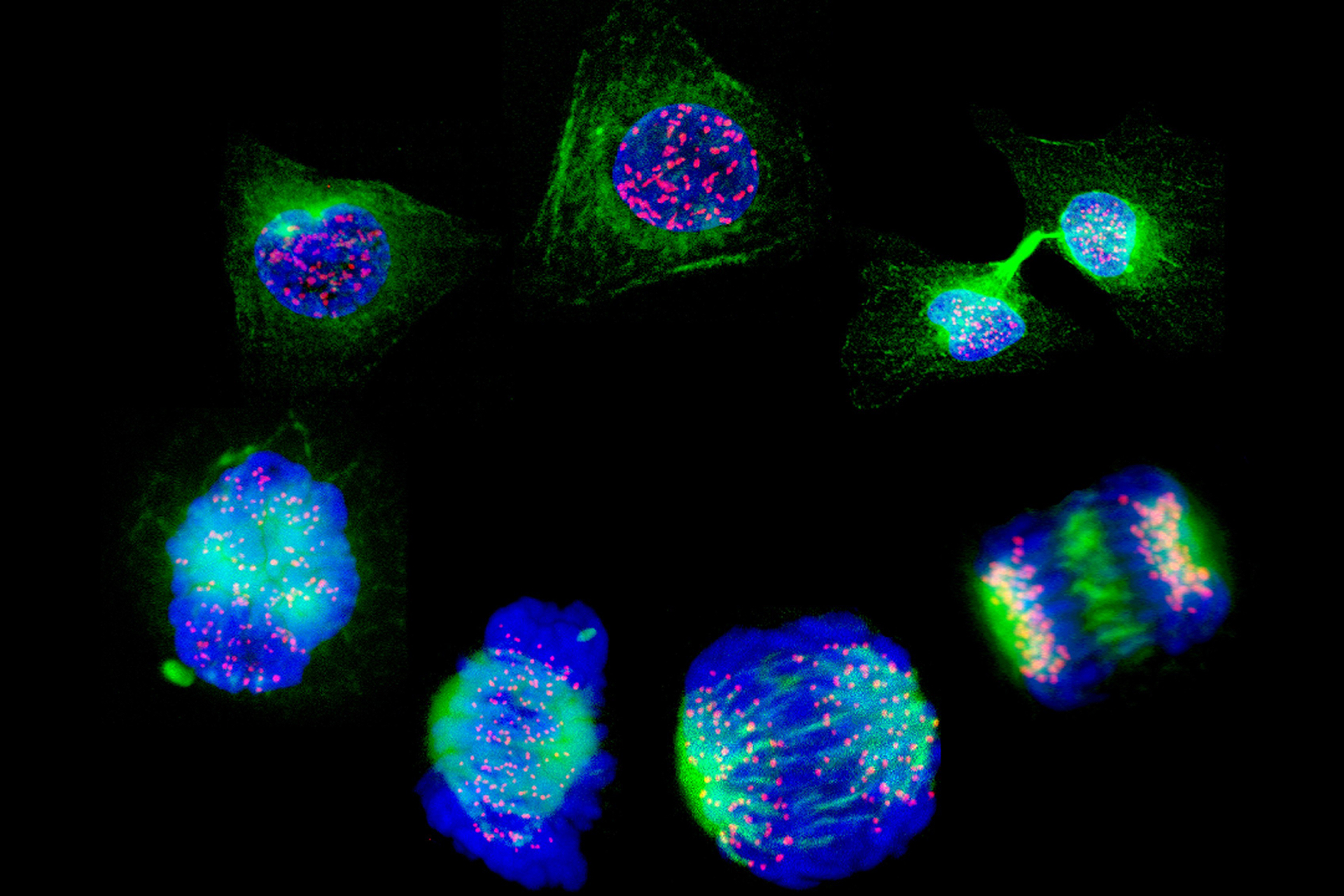A citizens' jury of people with personal experience of hereditary disease has voted in favour of asking the UK government to consider changing the law, to allow for genome editing of human embryos to address serious genetic disorders.
In September 2022, 21 people who were either patients with genetic conditions, or relatives or carers of such patients, travelled from across the UK to sit as members of the Citizens' Jury on Human Embryo Editing in the Wellcome Genome Campus near Cambridge. Each of the jurors was selected to reflect the diverse demographic of patients eligible NHS-funded genomic medicine and genetic counselling on the NHS.
'Genome editing technologies are rapidly approaching the point where they will be accurate and safe enough to be used as medicines to treat people living with single gene disorders. As the jury have identified, in the reproductive choices world, there are conditions that current techniques like preimplantation genetic testing can't address,' said Nick Meade, director of policy at Genetic Alliance UK, a partner on the project.
Over four days, the jurors heard expert testimonies, held various discussions, and debated the question 'Are there any circumstances under which a UK Government should consider changing the law to allow intentional genome editing of human embryos for serious genetic conditions?'. At the end of their deliberations, a majority of jurors (17 to four) voted that the government should consider allowing genome editing of human embryos for serious genetic conditions.
'The stance of this citizens' jury, in support of editing the genomes of human embryos in order to avoid disease, echoes the views of the wider public,' said Sarah Norcross director of the Progress Educational Trust (PET) and one of the expert witnesses who presented evidence to the Citizens' Jury. 'Research commissioned by PET and conducted by Ipsos in 2022 found that a majority of the UK public – 53 percent – supported the use of germline genome editing, to try to ensure that a child is not affected by a severe or life-threatening condition. Only 14 percent of the public either strongly opposed or tended to oppose this idea.' (See BioNews 1148.)
As methods of genome editing continue to be refined, the jurors hope that policymakers will be proactive in shaping and contibuting to the inevitable debate that follows. They want policymakers to draft laws on genome editing that take into account their lived experiences, of having or being affected by serious genetic diseases.
'Parliament needs to keep pace with scientific developments so that the option of using genome editing in this way can be pursued without unnecessary delay, if scientists demonstrate that the technology is sufficiently safe and efficacious,' said Norcross.
At the end of the event, the jurors drew up 15 different recommendations that can be grouped into four different themes: inclusivity, equitable access, equal protection of rights, and prevention of social inequality and potential harms.
The jurors emphasised equitable access and transparency in relation to genome editing treatments. At the same time, the jurors acknowledged that measures would need to be taken to protect people from experiencing discrimination or stigma because, they had accepted – or had not accepted – such treatments.







Leave a Reply
You must be logged in to post a comment.